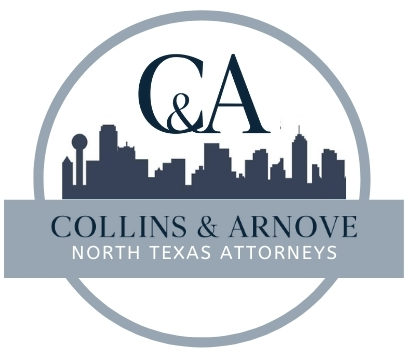Chapter 7 Bankruptcy is the most well-known and widely used from of Bankruptcy. Chapter 7 accounts for about 70% of cases that are filed. Most cases are relatively quick and painless with the Debtor receiving a discharge within about 3 months of filing allowing them to get a fresh start. Most Chapter 7 cases are very transactional meaning that the debtor has to just follow the steps and fill out the paperwork correctly to get the Bankruptcy discharge.
In order to file Chapter 7, you must be eligible based on your income. There is a test put into a place that determines whether or not you have the “means” to pay back your creditors.
In exchange for the discharge of your debt, your non-exempt property is liquidated and given to your unsecured creditors. All property is either exempt OR non-exempt. If it is exempt then you are allowed to keep it. If it is non-exempt then a trustee has the right to sell it and give the proceeds to your creditors. Luckily, most all property that most people have is exempt.
Examples of exempt property are:
- Homestead
- Vehicles
- Furnishings
- Electronics
- Collectibles
- Sporting Goods
- Retirement Accounts
Examples of non-exempt property include:
- Land or Homes that are not your homestead
- Extra vehicles; such as, boats, motorcycles, ATVs, etc.
The Chapter 7 process also ask questions about previous activity such as: gifts, payments to family members or friends, and unusual transfers of property. These questions and this process are analogous to the looking at your property as exempt vs. non-exempt. In other words, the trustee is looking back at previous activity and making sure that there was no unusual transactions that took place to get rid of non-exempt property that could be used to pay your creditors.
Summary
Chapter 7 allows you to get rid of general unsecured debt with no form of repayment to creditors.
In order to file a Chapter 7, you must pass an income test which shows that you do not have the ability to repay those unsecured debts.
Any non-exempt property is sold in exchange for the discharge of those general unsecured debts.
Previous transactions can also come into play such as the unusual gifts or transfers of property.
